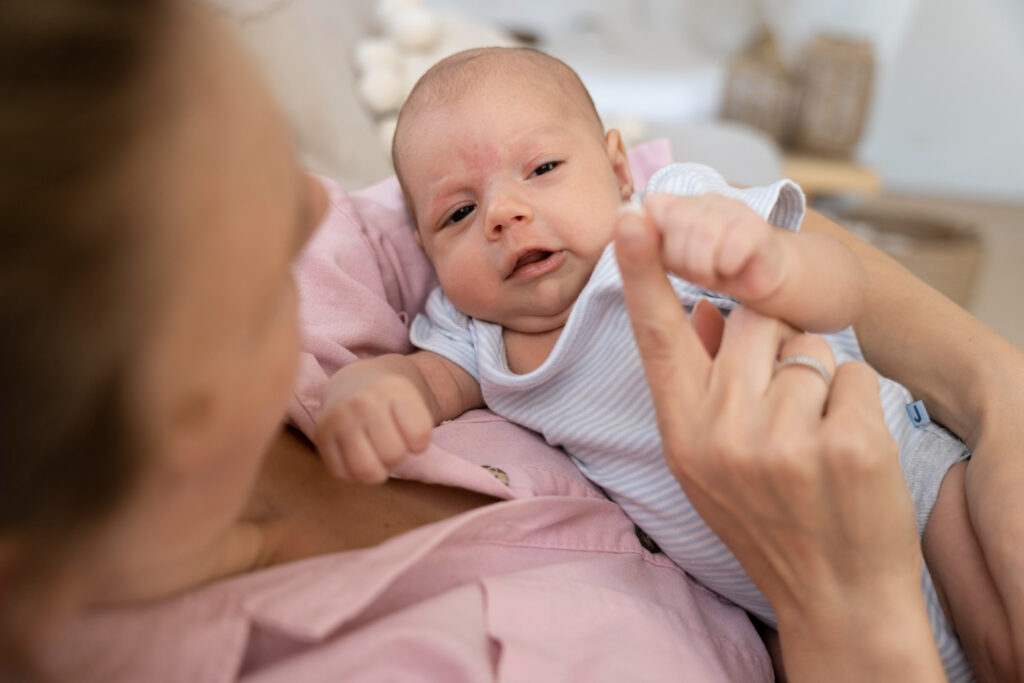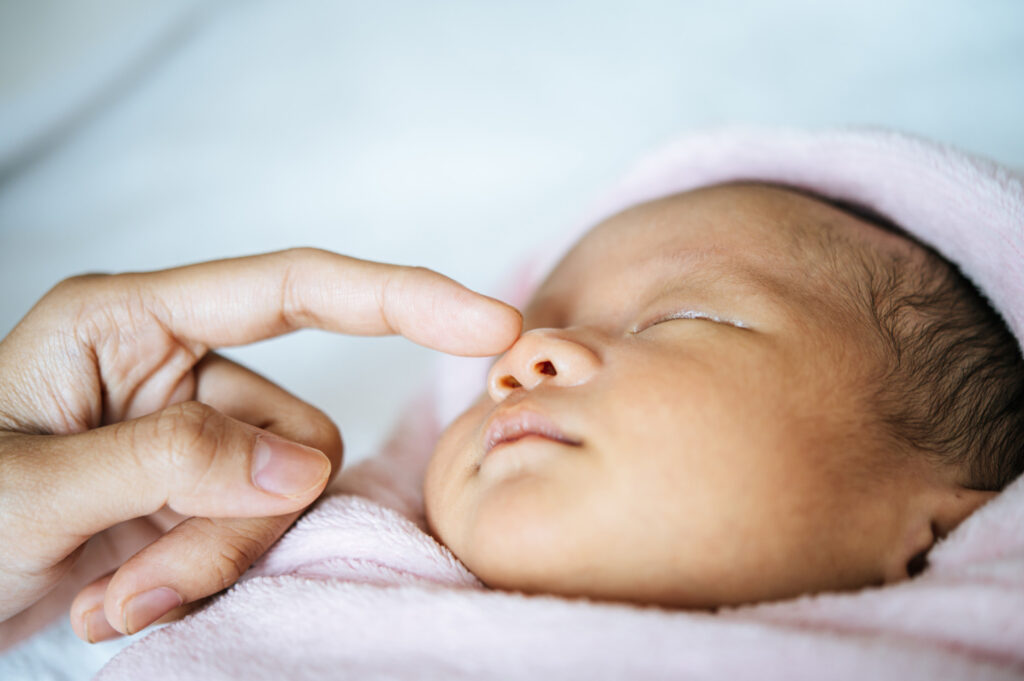
Introduction:
Fever is a common occurrence in babies and children and is often a sign that the body is fighting off an infection. However, as a parent, it can be alarming to see your child with a fever, especially if you’re unsure how to interpret the signs and when to seek medical attention. In this comprehensive guide, we’ll decode the signs of fever in babies and children, empowering parents to recognize when their child is unwell and take appropriate actions to ensure their well-being.
Understanding Fever:
Before delving into the signs of fever, it’s essential to understand what constitutes a fever in infants and children. A fever is defined as a body temperature above the normal range, which is typically around 98.6°F (37°C). In babies under three months old, a rectal temperature of 100.4°F (38°C) or higher is considered a fever and requires prompt medical attention. For older infants and children, a fever is usually considered to be a rectal temperature of 100.4°F (38°C) or higher.
Signs of Fever in Babies and Children:
1. Elevated Temperature:
The most obvious sign of fever in babies and children is an elevated body temperature. Use a reliable thermometer to measure your child’s temperature accurately. While rectal thermometers provide the most accurate readings in infants, temporal artery thermometers or ear thermometers are suitable for older babies and children.
2. Irritability and Fussiness:
Babies and young children may become irritable, fussy, or unusually clingy when they have a fever. They may cry more than usual and be difficult to console. Pay attention to changes in your child’s behavior and mood, as these can be early indicators of illness.
3. Changes in Appetite:
A fever can affect your child’s appetite, causing them to eat less or refuse food altogether. Offer fluids to prevent dehydration and monitor their intake of breast milk, formula, or other fluids. If your child refuses to eat or drink and shows signs of dehydration, seek medical attention promptly.
4. Lethargy and Fatigue:
Fever can cause fatigue and lethargy in children, making them less active and more prone to sleepiness. Observe your child for signs of increased tiredness, decreased responsiveness, or difficulty waking from sleep. If your child appears unusually lethargic or difficult to arouse, seek medical attention immediately.
5. Flushed Appearance:
Children with fever may have a flushed or red appearance, particularly on their cheeks and forehead. Check your child’s skin for warmth and color changes, as these can indicate elevated body temperature.
6. Rapid Breathing or Heart Rate:
In some cases, fever can lead to rapid breathing (tachypnea) or an increased heart rate (tachycardia) in babies and children. Monitor your child’s breathing and heart rate, especially if they appear to be breathing rapidly or struggling to breathe comfortably.
7. Other Symptoms:
In addition to fever, your child may experience other symptoms depending on the underlying cause of their illness. Common accompanying symptoms may include coughing, congestion, sore throat, earache, vomiting, diarrhea, or rash. Pay attention to any additional signs of illness and seek medical advice if concerned.
When to Seek Medical Attention:
While most fevers in babies and children are caused by minor infections and resolve on their own, certain circumstances warrant prompt medical attention. Seek medical advice if:
- Your baby is under three months old and has a rectal temperature of 100.4°F (38°C) or higher.
- Your child has a fever lasting more than three days.
- Your child has signs of dehydration, such as dry mouth, decreased urine output, or sunken fontanelles (soft spots on the head).
- Your child has difficulty breathing, persistent vomiting, severe headache, or other concerning symptoms.
- You’re unsure how to manage your child’s fever or are concerned about their well-being.

Conclusion:
Fever in babies and children can be concerning for parents, but understanding the signs and knowing when to seek medical attention is essential for ensuring your child’s well-being. By recognizing the signs of fever, monitoring your child’s symptoms, and seeking medical advice when necessary, parents can provide appropriate care and support to help their child recover from illness. Remember to trust your instincts and seek medical attention if you’re unsure or concerned about your child’s health. Your pediatrician is your best resource for guidance and advice on managing your child’s fever and overall health.

